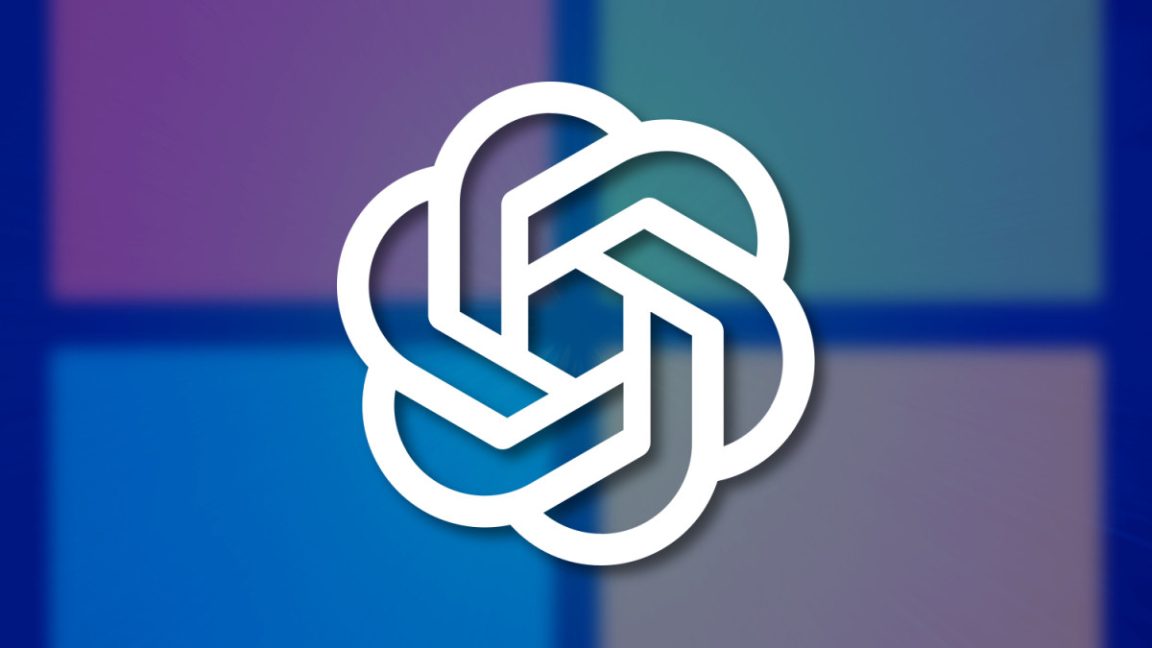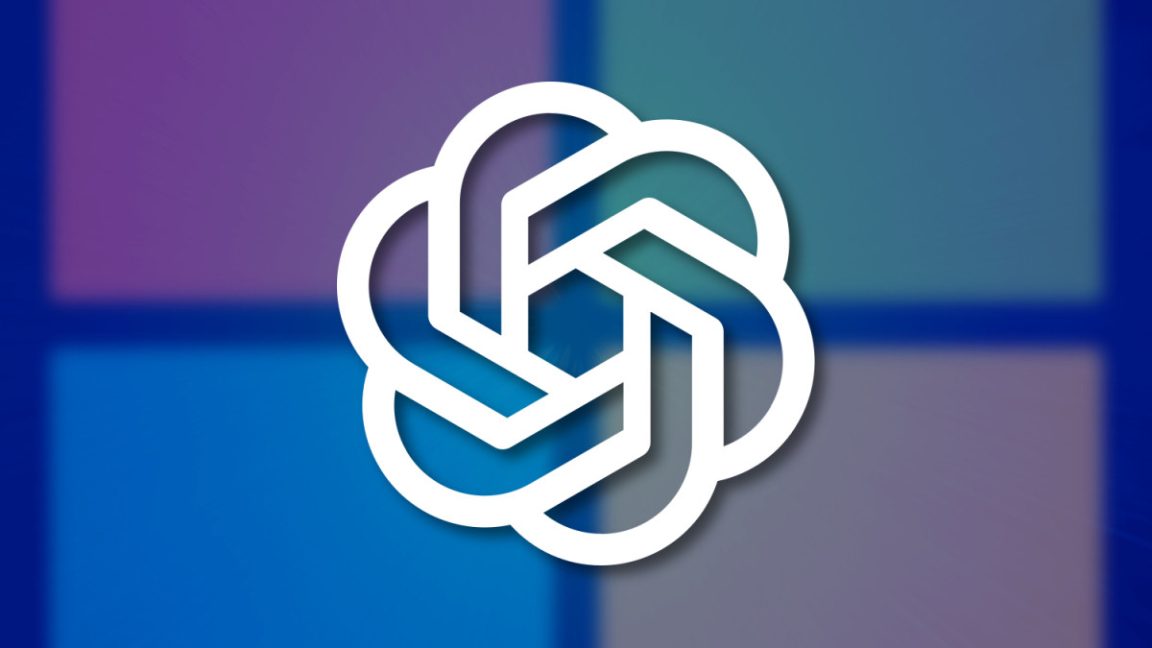Key Points
- OpenAI abandoned a full for‑profit conversion in May, adopting a public benefit corporation model while retaining nonprofit board control.
- Microsoft’s IP rights now extend through 2032 and are tied to an expert panel’s AGI declaration or 2030, whichever comes first.
- OpenAI may release open‑weight models that meet defined capability standards.
- API products with third‑party partners must run on Azure; non‑API products can use any cloud provider.
- Microsoft’s rights to OpenAI’s research methods expire alongside IP rights, and it has no claim on consumer hardware.
- Microsoft can pursue AGI alone or with other partners, but any AGI built using OpenAI IP must surpass current compute thresholds.
- Revenue sharing continues until an expert panel confirms AGI, with an extended payment timeline.
- OpenAI pledged $250 billion in Azure services, though Microsoft no longer holds a right of first refusal on compute providers.

Background and Shift in OpenAI’s Structure
In May, OpenAI moved away from a plan to fully convert into a for‑profit entity after facing pressure from regulators and critics. Instead, the organization adopted a modified approach that keeps its nonprofit board in control while converting its for‑profit subsidiary into a public benefit corporation.
Key Provisions of the Revised Microsoft‑OpenAI Agreement
The updated contract extends Microsoft’s intellectual property (IP) rights through the year 2032 and links those rights to the eventual declaration of artificial general intelligence (AGI) by an expert panel. Under the agreement, Microsoft retains IP rights to OpenAI’s model weights, architecture, inference code, and fine‑tuning code until either the expert panel confirms AGI or the year 2030, whichever occurs first.
OpenAI is now expressly permitted to release open‑weight models—such as community‑focused versions—provided they satisfy the capability criteria outlined in the deal. At the same time, Microsoft’s rights to OpenAI’s confidential research methods expire at the same thresholds, and the agreement explicitly excludes Microsoft from any rights to OpenAI’s consumer hardware products.
Collaboration Flexibility and Cloud Services
The deal grants OpenAI greater flexibility to develop products jointly with third parties. API‑based products built with other companies must operate exclusively on Microsoft’s Azure platform, whereas non‑API products may run on any cloud provider. This structure maintains Azure as the primary infrastructure while allowing OpenAI to explore partnerships beyond Microsoft.
Microsoft’s exclusive right of first refusal to serve as OpenAI’s compute provider has been removed. Although OpenAI has committed to purchasing $250 billion in Azure services, it now has the option to shop for alternative cloud infrastructure if it chooses, though the scale of the commitment suggests Azure will remain the dominant platform.
Pathways to AGI Development
Microsoft is permitted to pursue AGI development independently or with partners other than OpenAI. Should Microsoft use OpenAI’s IP to build AGI before the expert panel’s declaration, any resulting models must exceed compute thresholds that are larger than those required by today’s leading AI models.
Revenue sharing between the two companies will continue until the expert panel verifies that AGI has been achieved, with payments extending over a longer period than previously stipulated.
Source: arstechnica.com
